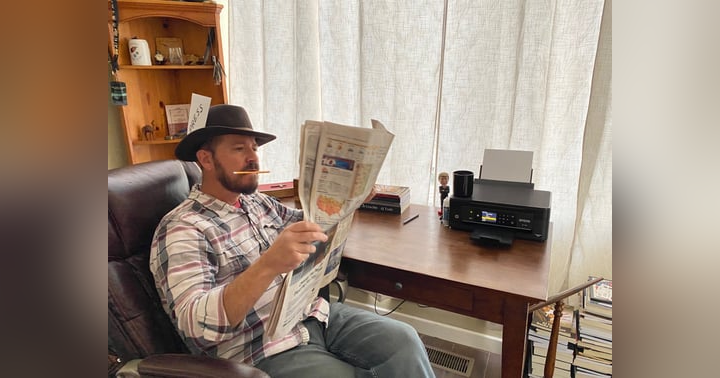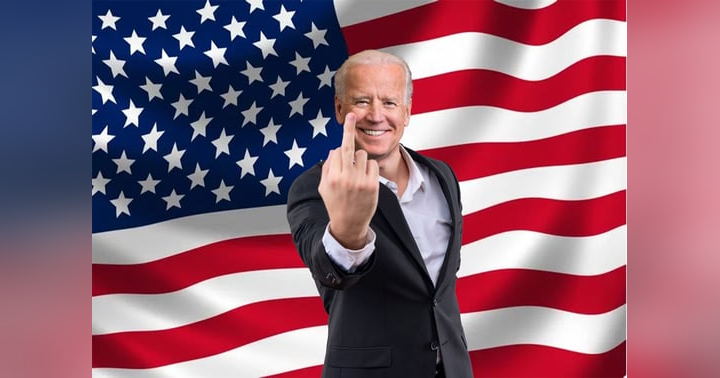Amir Locke

Over the last two years of C3 we've covered a few of the high profile police incidents that resulted in the death of a citizen (George Floyd, Breonna Taylor, and Rayshard Brooks to name a few). For most, if not all, of these incidents, we've generally sided with the police officers involved for a variety of reasons we mentioned in our podcasts. The shooting of Amir Locke is different.
Here are the facts of the shooting (note - we are only privy to what's publicly reported primarily through government press releases and news organizations):
Police Body Camera Video - https://youtu.be/q_8PfwHP9I8
Amir Locke was fatally shot on 2 February 2022 by Minneapolis Police Department SWAT officer Mark Hanneman. The police were executing a no-knock search warrant in a homicide investigation for the murder of Otis Elder that occurred in Saint Paul, MN. The Sant Paul Police Department applied for a knock and announce warrant, but the Minneapolis PD insisted on a no-knock warrant.
Amir Locke was not named in the search warrant and was not a suspect of the homicide investigation. The search warrant was for Amir Locke's cousin, Mekhi Speed, and two other associates (presumed to be Speed's brother and the brother's girlfriend, who were both detained during the execution of the warrant). Mekhi Speed was linked to the apartment (reportedly as the renter) Amir Locke was shot in, along with two other apartments in the building. Mekhi Speed was not found in any of the apartments, but was arrested about a week later in Winona, MN...over 100 miles away.
On 2 February at approximately 0700 hours, police entered the apartment Locke was sleeping in and upon entering, shouted their presence and kicked the couch Locke was sleeping on. Locke, wrapped in a blanket, sat up and had a handgun that was visible. He was immediately shot three times by the police officer. Approximately nine seconds elapsed from the time police entered until Locke was shot. According to reports, Locke did not point the gun at police officers and did not have his finger on the trigger. Locke's family stated Amir Locke was a legal gun owner and had a permit.
I won't question the actions of the police officer as being on target requires split second life or death decisions. It's easy to watch the video and play Monday morning quarterback. What I will question is the preparation of the execution of the warrant.
I believe in no-knock warrants, but believe they should be very rare and used when the threat of a shootout or significant casualties is probable. To make this determination, there should be significant intelligence. According to newspaper reporting, Speed was seen at the apartment about a month ago. Similar reporting indicates a Mercedes that was allegedly stolen and in connection with the murder of Otis Elder was associated with Speed, however, I've yet to see any reporting indicating Speed or the Mercedes was seen at the apartment the night prior to or the morning of Locke's death. In fact, CBS reports one of the items in the search warrant was for the keys to the Mercedes.
So where was the surveillance? Shouldn't there have been some coverage of the apartment building? How about informants? What about other technical intelligence capabilities?
You'll hear the argument that resources are scarce and the PD doesn't have the funds or the manpower. This is most likely true, but it's an excuse for a poorly executed no-knock warrant. This also falls on the judge that granted the no-knock warrant. That judge should determine if there is probable cause for the warrant (which I believe there was for the location but probably not for the date/time) and if the no-knock warrant is justified (which I also believe it was based on Speed's charges/history, but not justified based on the intelligence on Speed's whereabouts). How about the police department and the SWAT Team? Shouldn't they be held accountable as well for the lack of intelligence and preparation? Lack of resources should never be the excuse for a no-knock warrant.
The nation's eyes have been on the shooting officer and yesterday, he was cleared of all charges, but I believe in this instance, the focus shouldn't be on the officer. This falls on the Police Department, the local judicial system, and local law enforcement policies and procedures. This is the systemic change that needs to happen...but hey, it's easier to blame the cop.






